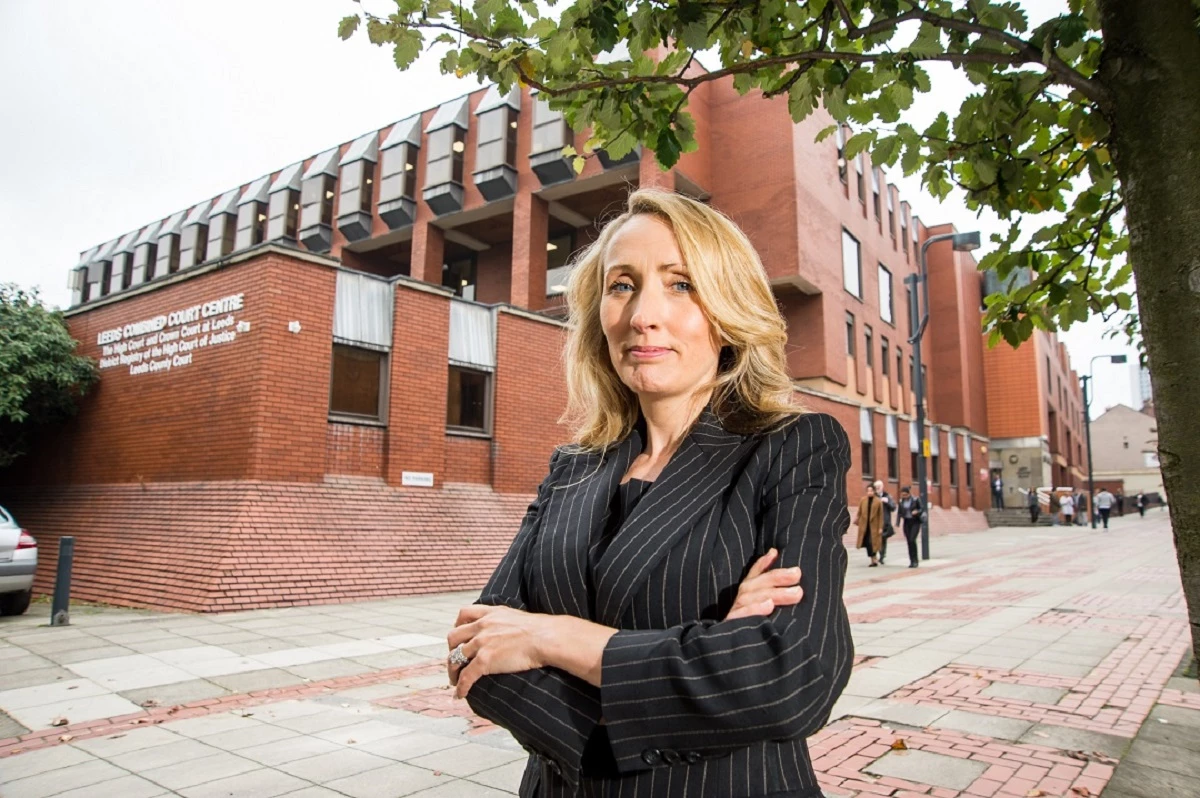
Partner Article
R3 responds to December 2022 insolvency figures
Corporate insolvencies fell 3.25% in December 2022 to a total of 1,964 compared to November’s total of 2,029. They were 31.9% higher than in December 2021 (1,489) and 75.5% higher than December 2019 (1,119).
Personal insolvencies decreased by 20.4% to 8,339 in December 2022 compared to 10,473 in November. They were 1.3% lower than December 2021’s figure of 8,453, and 0.8% lower than December 2019 (8,406).
Eleanor Temple, chair of the insolvency and restructuring trade body R3 in Yorkshire and a barrister at Kings Chambers in Leeds, comments on the publication of the December 2022 corporate and individual insolvency statistics for England and Wales:
“The monthly fall in corporate insolvencies is driven by a fall in Compulsory Liquidation and Administration numbers. However, corporate insolvencies have increased compared to last year and three years ago due to an increase in Creditor Voluntary Liquidation and Compulsory Liquidation numbers.
“This is due to a combination of directors choosing to close their businesses and creditors chasing unpaid debts due to changes in legislation as both ends of the supply chain remain squeezed by ongoing issues around consumer confidence, rising costs, and requests for increased wages.
“December and January are critical periods for many firms, and these issues, combined with strikes, bad weather and the economic challenges the UK has faced over the last three years may have dealt a further blow to businesses and business owners.
“These challenges aren’t going to go away overnight – and directors are very concerned about the effects of energy and staff costs, as well as fears about how the cost of living crisis will impact on their income this year.
“Turning to personal insolvencies, the monthly fall we’ve seen in the figures published today has been driven by a drop in numbers across all personal insolvency processes, with Individual Voluntary Arrangement numbers being the most dramatic and somewhat surprising given the economic headwinds that we are experiencing.
“Despite the fall in personal insolvency numbers, it’s been a bleak winter for consumers in England and Wales. Worries about the cost of living are still front of mind, with paying for food, energy and fuel the main areas of concern and with reports this week that price pressures are unlikely to ease anytime soon.
“Money worries are front of mind for a lot of people at the moment, and they are only spending on the basics – or on items that will help them cut costs elsewhere.
“We’re also seeing more and more people turn to borrowing to pay their bills, and while the reasons behind this course of action are understandable, debt on top of debt isn’t a sustainable solution.
“It’s likely we’re facing a precipice situation where the strains of rising living costs, wages failing to keep up with inflation and more people living in negative budgets suggests those who are struggling are running out of road and that personal insolvencies are likely to increase into 2023.
“We urge anyone who is anxious about their business or personal finances to seek advice as soon as possible. Talking about your concerns about money is very, very hard, but being brave and having that conversation as early as possible will give you more options, more time to make a decision and potentially a better outcome than if you’d waited till the situation became more severe.
“Most R3 members will offer a free consultation to potential clients to allow them to understand more about their position and outline the options for improving it.”
This was posted in Bdaily's Members' News section by Emma Kilmurray .
Enjoy the read? Get Bdaily delivered.
Sign up to receive our popular Yorkshire & The Humber morning email for free.








 Raising the bar to boost North East growth
Raising the bar to boost North East growth
 Navigating the messy middle of business growth
Navigating the messy middle of business growth
 We must make it easier to hire young people
We must make it easier to hire young people
 Why community-based care is key to NHS' future
Why community-based care is key to NHS' future
 Culture, confidence and creativity in the North East
Culture, confidence and creativity in the North East
 Putting in the groundwork to boost skills
Putting in the groundwork to boost skills
 £100,000 milestone drives forward STEM work
£100,000 milestone drives forward STEM work
 Restoring confidence for the economic road ahead
Restoring confidence for the economic road ahead
 Ready to scale? Buy-and-build offers opportunity
Ready to scale? Buy-and-build offers opportunity
 When will our regional economy grow?
When will our regional economy grow?
 Creating a thriving North East construction sector
Creating a thriving North East construction sector
 Why investors are still backing the North East
Why investors are still backing the North East